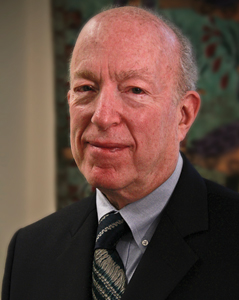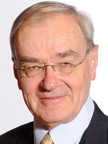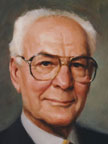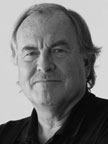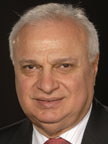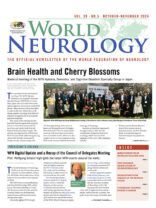Medical and basic science researchers worldwide are invited to submit innovative clinical or translational basic science projects to contribute to ï¬nding a cure for juvenile Neuronal Ceroid Lipofuscinosis (NCL), also called Batten disease. Scientists from related areas of science including Alzheimer’s disease, aging and other lysosomal storage disorders are particularly encouraged to apply for the NCL Research Award. Applications are due by email by Oct. 31, 2013, to research@ncl-foundation.com. Applicants must use the provided application form, available at www.ncl-stiftung.de/englisch/media/dokumente/promotion/ncl_research_award/ncl_application_form_2013.docx.
More information is available at www.ncl-foundation.com.
